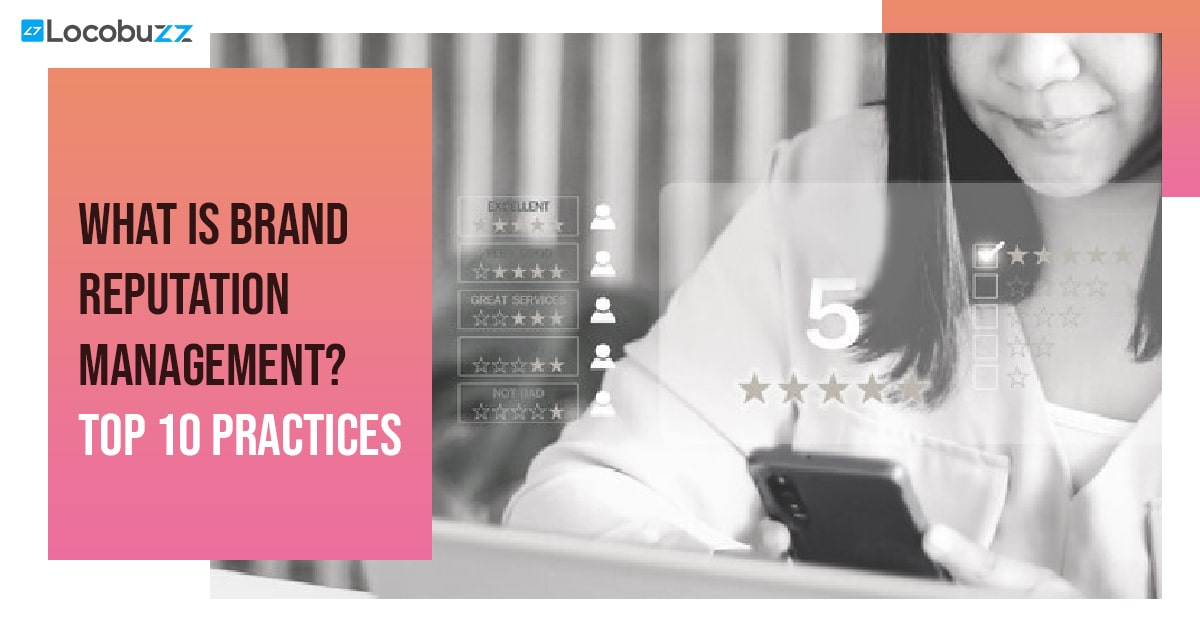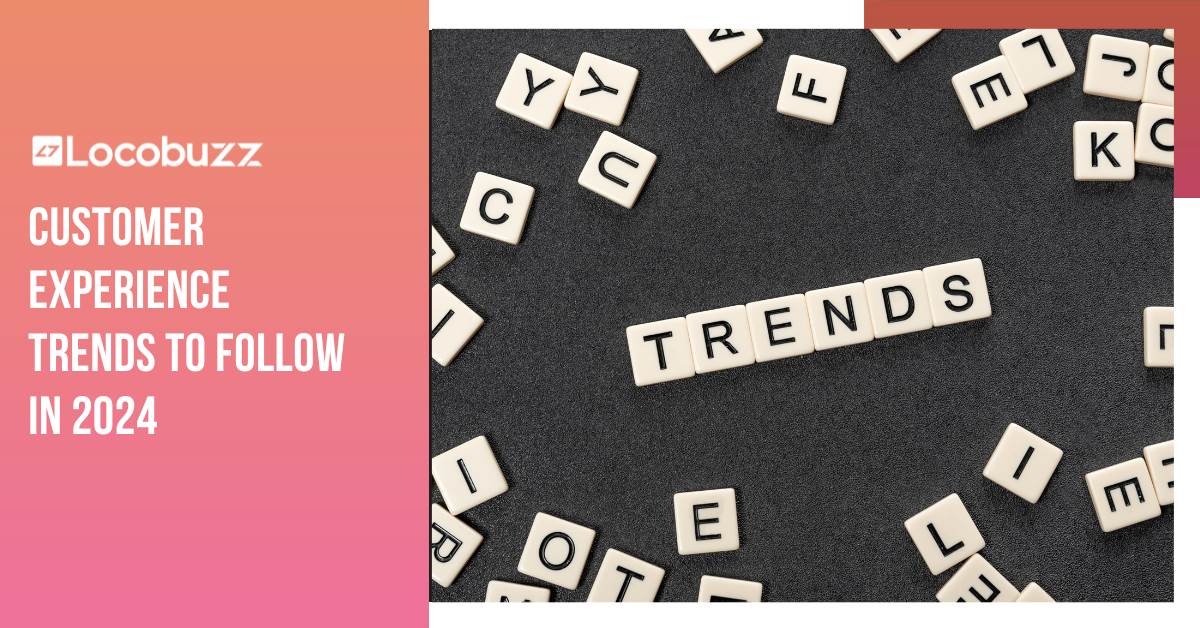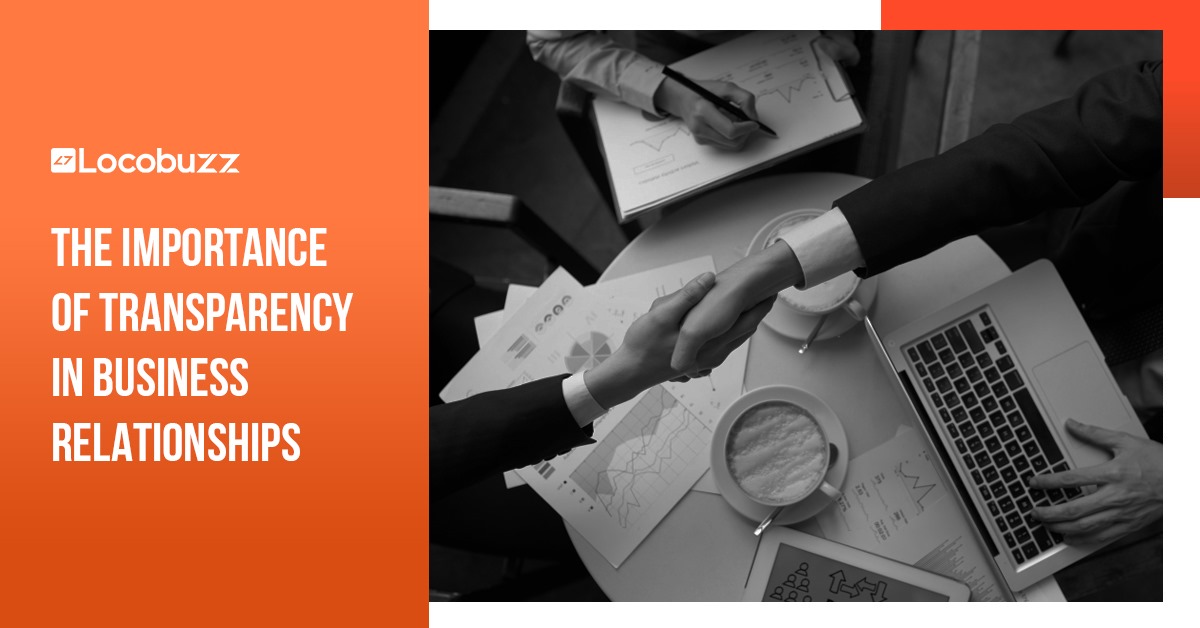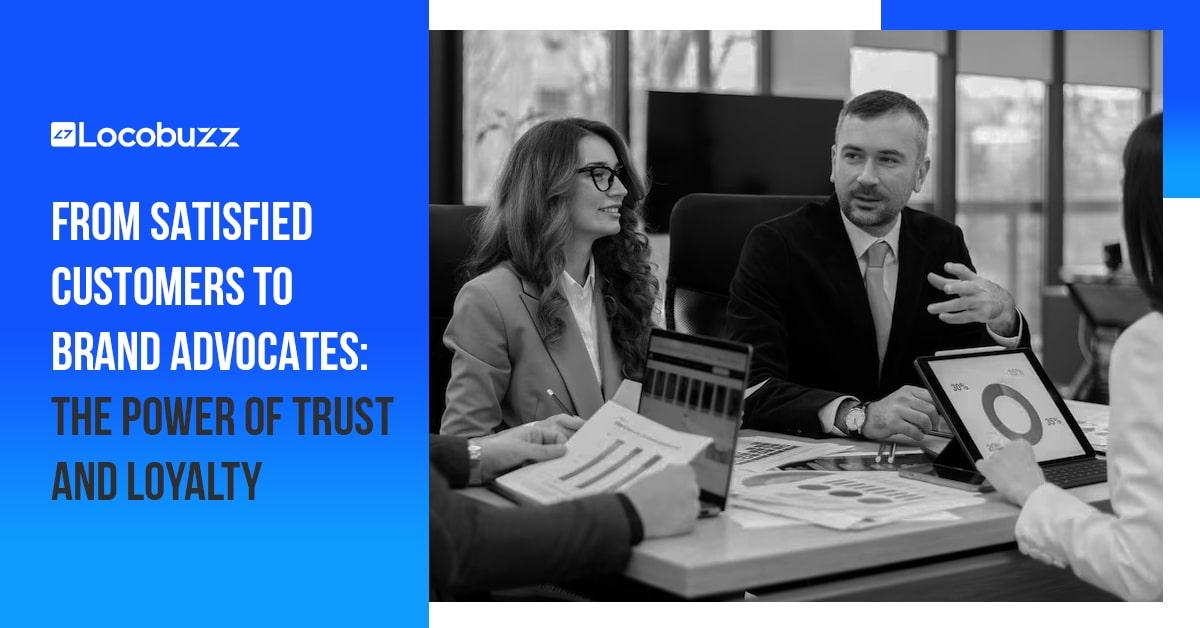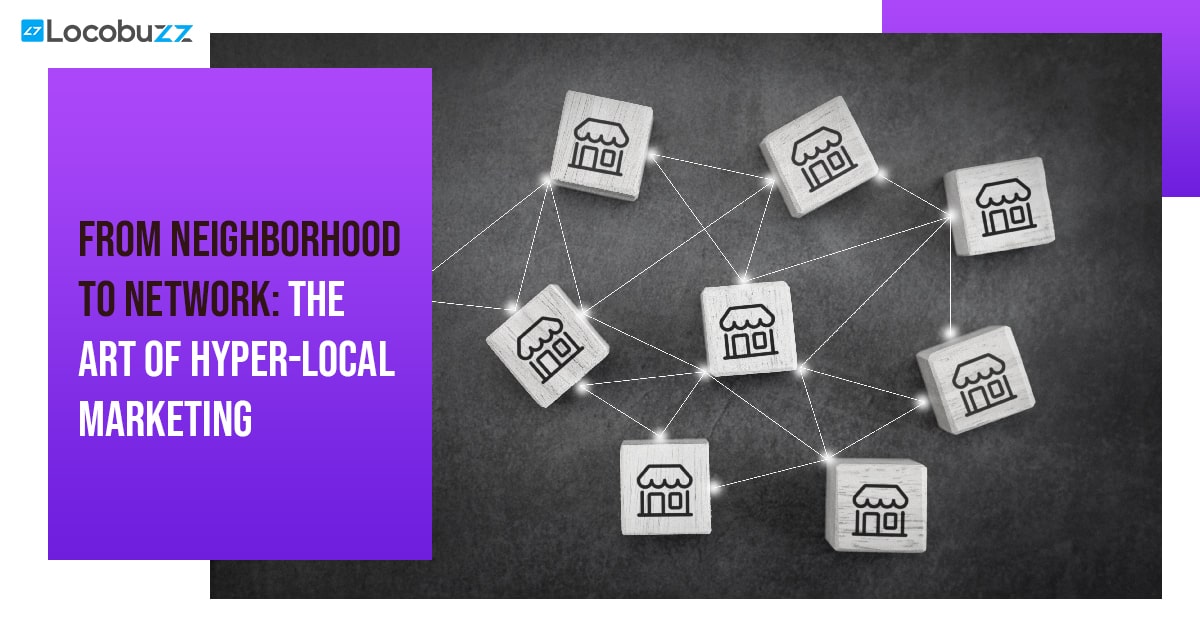What is Brand Reputation Management?
We all know how crucial it is to manage your brand online, but why? What are the advantages you notice, and how does it help you stay ahead of the competition?
In this article we will look at some of the most important advantages of brand reputation management. The process of analyzing how customers view the brand and taking strategic action to improve the brand’s image is known as brand reputation management. Nowadays, online brand reputation management entails monitoring and protecting your business’s online reputation at places like reviews, social media, and Google.
Reputation development is a continuous activity that allows you to track public perception of your company and respond quickly to potentially negative situations. There are sentiment analysis tools that helps in assessing public perception of the brand.
Customer loyalty is a big generator of revenue and growth when your reputation is positive. A bad reputation might hurt sales and service retention, but it can also help you learn more about your consumers’ preferences, which can help you update company operations to better match their demands.
Table of Contents
What is Brand Reputation Management?
Brand reputation management is the process of monitoring, managing, and improving a company’s reputation in the online and offline world. It involves tracking and responding to what is being said about a brand, as well as proactively building and promoting a positive image.
Why brand reputation management is important?

Now we need to know why brand reputation management is important? People’s thoughts on a corporation used to have to go via word-of-mouth in the not-too-distant past. Because of social media, opinions spread faster than ever before and reach a larger audience. While positive statements can help a company grow, bad messages can be a public relations disaster. Companies may lose control of their brand reputation when people have the flexibility to post whatever they want.
While a corporation can manage its Google search engine rankings, it cannot control consumers who may post unfavorable comments on social media about its brand.
Of course, social media monitoring isn’t the only aspect of ORM. It’s also about creating a strategy for how you’ll engage with customers, how you’ll encourage people to talk about your brand, how you’ll position your brand online, and what kind of material you’ll offer to entice them.
brand reputation management helps a business by creating and maintaining a positive image of the brand in the minds of consumers. This can be done through various marketing tactics such as:
- Developing a consistent brand message and image
- Creating positive customer experiences and encouraging customers to share their experiences online
- Monitoring and responding to online reviews and comments
- Managing the brand’s social media presence
- Identifying and addressing any potential reputational risks.
By effectively managing their brand reputation, a business can increase brand awareness, attract new customers, and retain existing ones. A positive reputation can also help to increase brand loyalty and customer trust, leading to increased sales and revenue growth. Additionally, a strong reputation can also help a business during times of crisis, as customers are more likely to trust a brand with a good reputation and be more forgiving in the event of a mistake or crisis.
How to increase brand awareness online
The process of ensuring that a brand’s online presence is positive and consistent is known as brand reputation management. Businesses can use social media platforms, collaborate with influence’s, invest in paid advertising, create valuable content, engage with their audience, and monitor their online presence to increase brand awareness.
These strategies aid in reaching a larger audience and developing a relationship with them. To maintain a positive online reputation, it is critical to respond to negative reviews and resolve any issues that may arise.
How Brand Reputation Management helps your business?
Brand reputation management helps a business by monitoring and influencing the perception of the company and its products or services by the public.
This can be done through various methods such as social media management, crisis management, and positive publicity. By maintaining a positive reputation, a business can attract and retain customers, increase brand loyalty, and ultimately drive sales and revenue.
Additionally, a strong reputation can also help a business attract and retain top talent, as well as secure partnerships and investment opportunities.
Top 10 best practices for brand reputation management

Entrepreneur, web influencer, and Bestselling Author author Neil Patel has been at the top of the list when it comes to know digital marketing. He’s come up with ten Online Brand Reputation Management Commandments, which we’ve listed below with some further information.
1. Become Well-Respected
Trust is a finite resource that is difficult to acquire. To establish it, you must not only communicate and interact with customers but also supply free quality content and expertise so that people may form a stronger emotional bond with your brand.
2. Become Radically Transparent
Allowing staff to talk about goods and services publicly, genuinely answering consumer queries, soliciting customer feedback, and not suppressing criticism – but publicly addressing it – are all examples of transparency.
3. Keep an eye on what they’re saying about you.
Not only do alerts notify you when your brand is referenced, allowing you to react if the remark is negative, but they can also generate revenue. Many individuals nowadays use social media to ask inquiries before deciding whether or not to buy from you. Now is an excellent moment to offer your suggestions.
4. React Quickly and Politely
Some complaints are simple to resolve. Others may necessitate deliberation and inquiry. You should, however, always respond swiftly. A straightforward “We’re looking into it and will get back as soon as possible” is preferable to a delayed response with more details.
5. Address Criticism
- You’re likely to receive criticism if you put yourselves out there on social media. It is how you respond to it that determines your brand’s reputation. The Startup lists five strategies for dealing with internet criticism, including:
- Laughing at yourself (self-deprecation shows humbleness)
- Refuting the critique in a light-hearted manner (the customer is wrong, so you’ll want to counter it in a light-hearted manner so as not to anger them further)
- Being excessively cordial (this helps people feel heard, which makes them ineffectual if they’re trolling).
- accept responsibility, apologize, and make an offer (probably your safest bet).
Of course, the strategy you adopt will be determined by the situation, therefore we recommend reading their blog.
6. Treat Google Page 1 as if it were a business card.
People prefer to evaluate books by their covers, so first impressions are important. Negative reviews and terms like “scam” or “rip off” associated with your company on the first page of a search might be a major issue that requires immediate attention (more on this in a bit).
7. Recognize Your Opponents
Consumer criticism, in particular, is a learning opportunity. You may be able to improve your products or services, polish your marketing messaging, change your manufacturing processes, and much more by listening to your critics. All of this can contribute to the growth of your brand and your bottom line.
8. Attack Your Illegitimate Attackers
Yes, there is a right to free expression online, but defamatory, misleading, and threatening material can occasionally go too far. You may want to seek legal advice and conduct a cyber investigation in these extreme instances.
9. Make Use of Your Mistakes
Mistakes are a necessary part of the learning process, so be sure you don’t make the same one twice. Some organizations, for example, just delegate social media responsibilities to a young intern (after all, they’ll know what they’re doing). This has resulted in numerous social media gaffes throughout the years. The corporation then devotes time and resources to damage control. Hire a seasoned social media professional who is familiar with your brand!
10. Ask for Help if Necessary
If your reputation management efforts aren’t adequate to defend or restore your brand’s image, you can hire an ORM professional to assist you.

The Strategies for managing brand reputation online
One of the main purposes or strategy of brand reputation management is to create a better brand image. Its necessary these days to monitor and manage your brands reputation.
Your business can achieve it by regularly monitoring your online presence, responding professionally to negative comments, encouraging positive reviews, and much more. Some of these pointers are described below for better understanding as to what exactly are the key strategies for managing your brand reputation.
Monitor your online conversations and sentiments
When you start monitoring brands, it helps businesses check what exactly are people saying about your brand, this is possible by conducting social media listening, online reviews and other online listening channels. By following these strategies, businesses can maintain a positive brand reputation online and attract new customers.
Monitor your brand's reputation regularly
By regularly monitoring your brand’s reputation it ensures that it remains positive. This can be done through online reputation management tools, monitoring online reviews and forums, and other methods.
Even when you respond to negative reviews and comments in a timely and professional manner is crucial for maintaining a positive brand reputation. You should address any concerns or issues, apologize if necessary, and work to resolve the issue.
Encourage your customers engagement
Encourage your customers to share their experiences and opinions with your brand. This can be done through customer feedback surveys, social media interactions, and other forms of customer engagement. When you encourage your customers to engage it becomes a better understanding with the customer that you will build a long term relationship with them.
Brand Reputation Management vs. Brand Safety
Brand reputation management is the proactive technique of shaping, preserving, and increasing a brand’s perception and reputation among its target audience and stakeholders. It comprises making concerted efforts to monitor, shape, and control how the brand is seen in the marketplace, both online and offline.
The primary goals of brand reputation management are to create a positive brand image, gain consumer and stakeholder trust, and eventually promote brand loyalty, client satisfaction, and corporate growth.
The purpose of brand safety, on the other hand, is to keep a brand’s reputation and public image from being tainted by offensive or inappropriate content or actions. It requires, in particular, ensuring that a brand’s promotions, alliances, sponsorships, and internet presence do not run alongside or support anything that could be hurtful, divisive, illegal, or contrary to the brand’s beliefs.
Brand safety procedures are critical to preventing a brand’s reputation from being associated with undesirable or dangerous content and to maintaining consumer trust in the brand.
Brand Safety aims to protect the brand from negative or destructive associations, whereas Brand Reputation Management focuses on actively building and maintaining a positive brand image and perception. Both parts are required for complete brand management and long-term market success.
The 3 Verticals of Brand Reputation Management
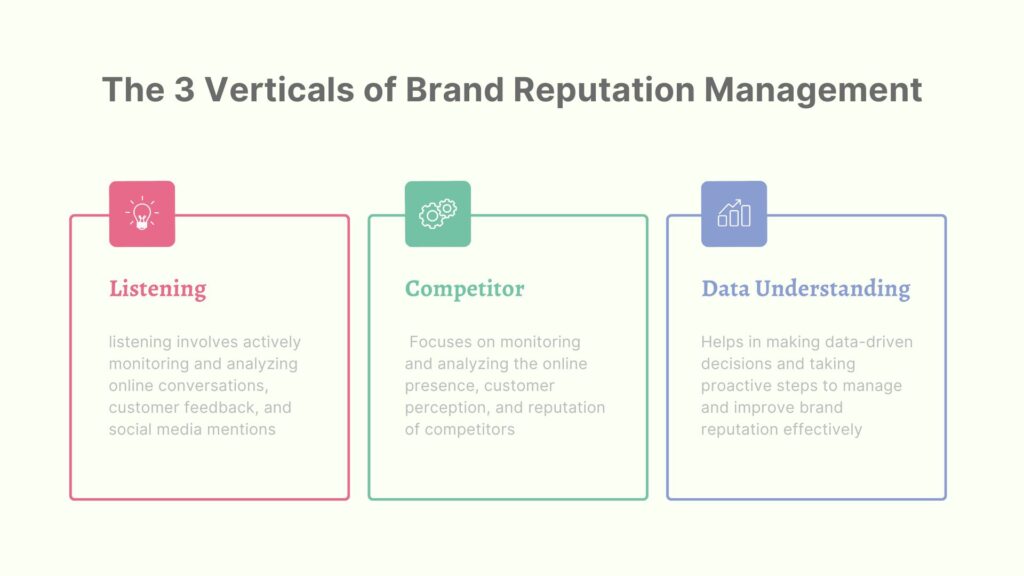
Brand reputation management was revolutionized by social media. It also revolutionized the way of brand reputation management. Data Listening, competitor and review data are all sources of social insight that could be used to support your strategy as verticals. These verticals provide real-time insight that will help you quickly determine what is working and what isn’t.
1. Listening
2. Competitor
3. Data Understanding
Importance of brand awareness in online brand
- Brand awareness increases the visibility and leads helps attract new customers. As when people are aware of your brand, they consider being loyal to the brand while making any purchase.
- Customers can trust your brand over your competitors as they have heard about it and heave a better understand of what exactly does your brand represents.
- By having a better brand awareness it is quiet obvious that businesses have a better chance of staying ahead of the competition and stand out in the market.
Brand awareness is essential for businesses in 2023 as the need of the hour is here to monitor and perform well and look forward towards success. By building brand awareness, businesses can attract new customers, increase customer loyalty, and improve their overall competitiveness in the market.
Overview of popular brand management tools
Brand management tools are essential for businesses looking to maintain a positive brand reputation online. As 2023 is here and need has increased in businesses to find their correct tool for having a complete experience over brand management. Here is an overview of some of the popular brand management tools:
Locobuzz is a Customer Experience Management (CXM) suite designed for businesses. It provides a comprehensive set of tools to help businesses monitor and manage their brand reputation online. It offers unified Customer experience management. The new version of Locobuzz called the #CXSuite brings the best on what exactly does businesses need in 2023 and stay ahead of their competitors.
Some of the main features of Locobuzz CX Suite are:
- Keeps track of social media mentions and mentions about the brand
- Helps in monitoring and managing the brand’s online reputation
- Helps increase brand awareness by utilizing various online marketing techniques
- Collects and analyzes customer feedback to improve the brand’s online reputation
- Maintains the brand’s online identity and consistency across all platforms
- Provides insights and data-driven analysis to help make informed decisions
- Continuously monitors the brand’s reputation to ensure it stays positive
- Monitors customer reviews and manages the brand’s reputation in response to reviews, Public data listening and Keyword listening.
Brand24
Brandwatch
Meltwater
HootSuite
HootSuite is a social media management platform that helps businesses monitor and manage their brand reputation online. This tool provides businesses with valuable insights into what people are saying about their brand on social media and helps businesses respond to negative comments and reviews.
These are some of the popular brand management tools available in the market. By using these tools, businesses can monitor and manage their brand reputation online and ensure that their online presence is positive and consistent.
Conclusion
To summarize everything discussed so far, having a reputation management these days is in the main a high quality manner to convey your brand positive seek results. It’s all about engaging and having a conversation, which builds a high quality platform to your brand.
To get more positive reviews- focus on consumer satisfaction, Social Media tools, monitoring reviews, installation a Live Chat to preserve or advantage new commercial enterprise, and ensure consumer satisfaction. Reputation Management these days can solve online business and complete net advertising and marketing solutions.
Use the best practices listed above to build and implement a brand reputation management strategy as soon as possible. One should use tools like social media management tool, competitor analysis tool, social media chatbots, etc. as these tools are very helpful in gathering data from the audience.
Your reputation as a client brand will progressively increase if you focus on the customer experience, customer and staff satisfaction, and catering to all consumers’ demands. For this you need an omnichannel customer engagement strategy that an omnichannel solution provider can provide you. Locobuzz is a omnichannel solution provider that provides various online brand reputation management strategies.
Frequently Asked Questions
1. Does online brand reputation management have an impact on SEO?
Although brand reputation management does not directly affect SEO, the two can work together to improve a company’s online exposure. Influencing the web pages that show at the top of search engine result pages is an important brand reputation management tactic. Brands can easily bury negative search results by properly optimizing specific web pages with high-quality, positive content.
2. Is online brand reputation management a proactive or a reactive process?
While reputation management can be used to rebuild a tarnished image, it is more effective when employed in advance. Otherwise, firms will have to spend months or even years rebuilding their image and improving customer impression.
3. Is social media part of online brand reputation management?

